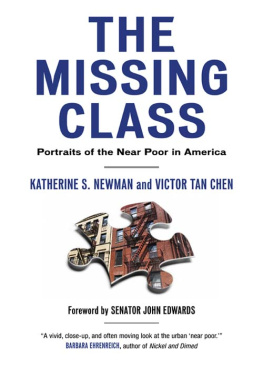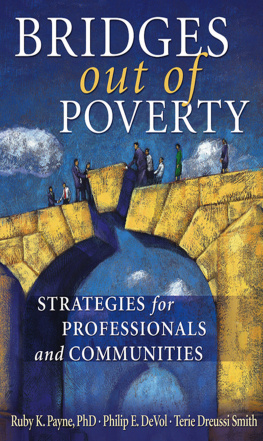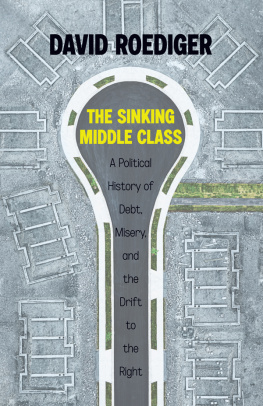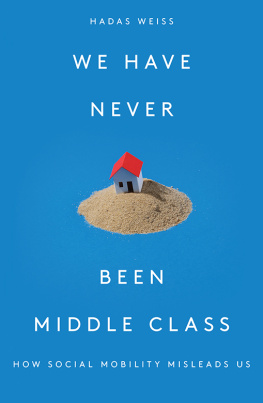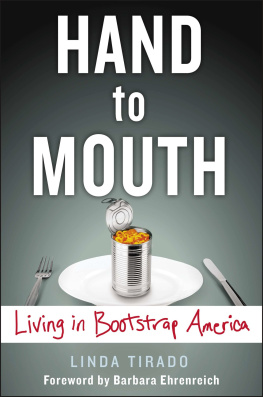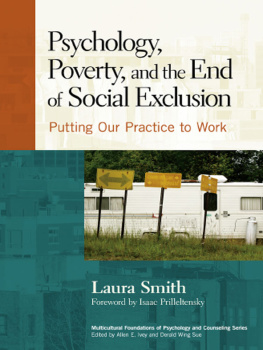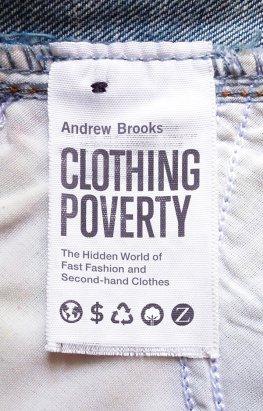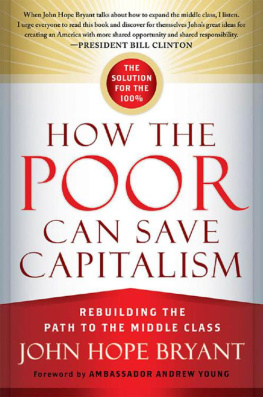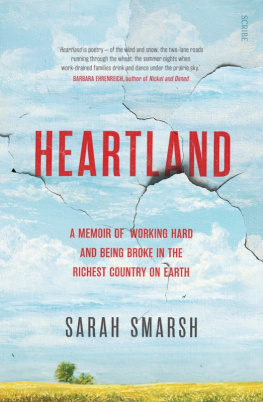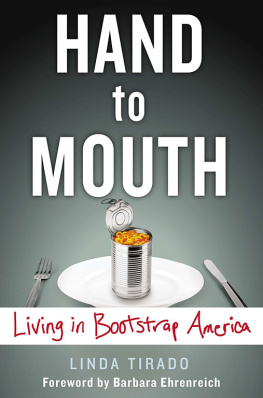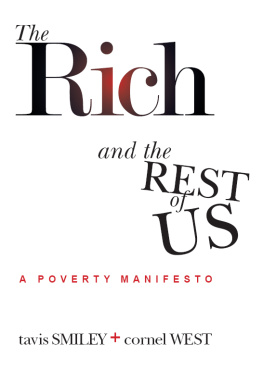makes you feel like crap for an hour
The Guardian
try a lifetime.
Scottee
First published in 2020 by Salamander Street Ltd.
()
Class Scottee and Friends Ltd, 2020
Foreword Lyn Gardner, 2020
Directors Note Sam Curtis Lyndsay, 2020
Introduction Scottee, 2020
All rights reserved.
Application for professional and amateur performance rights should be directed to Scottee and Friends Ltd (). No performance may be given unless a licence has been obtained, and no alterations may be made in the title or the text of the adaptation without the authors prior written consent.
You may not copy, store, distribute, transmit, reproduce or otherwise make available this publication (or any part of it) in any form, or binding or by any means (print, electronic, digital, optical, mechanical, photocopying, recording or otherwise), without the prior written permission of the publisher. Any person who does any unauthorized act in relation to this publication may be liable to criminal prosecution and civil claims for damages.
ISBN: 9781913630010
Printed and bound in Great Britain
10 9 8 7 6 5 4 3 2 1
Class is made and produced by Scottee & Friends Ltd. The company was incorporated in 2017 to formalise, support and grow the work of Scottee. The company now operates as a wider group of artists, producers, makers and facilitators that create arts projects, theatre productions and community art activisms that aim to address injustice, access and reflect the political climate.
Scottee & Friends Ltd. is a non-profit organisation led and established by Executive Producer Molly Nicholson and Artistic Director Scottee, both have been working with each other since 2014 to create cabaret, circus, drag, live art, dance and theatre shows that have won awards, toured nationally and internationally and got really good reviews, babes.
CONTENTS
FOREWORD
Who cares, and do we care enough? Do we care in a way that genuinely makes a difference? Or do we care in theory but not when it really affects us?
Maybe we think it is somebody elses job perhaps the state, the social services, the police to do the caring so we can get on with our nice little lives untroubled in any way?
In Scottees Class the precariousness of working-class lives are held up for a predominantly middle-class audience to scrutinise. Its an audience which probably secretly congratulates themselves when they leave a tin of beans or a jar of instant coffee in the foodbank bin at the supermarket exit. Items, that as Scottee points out, we probably wouldnt eat and drink ourselves.
As the 2015 Warwick Commission report made clear, British theatre audiences are weighted towards the best educated, most economically advantaged, least diverse people in the UK. As indeed are the majority of those who make theatre. Societys inequalities of expectation and opportunity are replicated in the structures of theatre itself. The privileged talk to the privileged in a never-ending loop of liberal handwringing.
Class breaks the loop. It does it savagely. It is angry and raw as it puts the audience on the hook and makes us wriggle. Not with glee but with sorrow. It questions whether art can change anything. It questions why we might pay money to watch somebody elses grief and trauma. Is it just middle-class curiosity about poverty and working-class lives?
The devastating thing about this extraordinary, painful piece is that clearly the cost to Scottee in making it and sharing it with us is astronomical. It costs us little to listen, but each word is an agonising expenditure as he revisits a childhood on a North London housing estate where mums being thrown through windows by husbands wielding bread knives was not unusual.
One of the things that Class makes abundantly clear is that poverty isnt just about money; it is about poverty of expectation. Growing up in a community where there is no luxury to dream leaves lasting marks. Class is shot through with the pain of a survivor. Scottee does something few artists dare: he makes himself utterly vulnerable.
But how much does it cost us to watch or read? Class throws down a gauntlet and asks whether we are really prepared to turn concern and liberal guilt into real action. If 60% of people handed over 25% of their earnings, then perhaps 4.5 million children would not be living in poverty in the UK. Class challenges us to do that and it does it in a form that makes us squirm but also makes it impossible to look away.
This is not an easy piece to watch or read if you are middle class, but why should we be spared when every single day its a bloody difficult life being poor? Scottee uses his art and his voice to confront what we would prefer to ignore. Its up to us to prove weve listened.
Lyn Gardner, February 2020
INTRODUCTION
Rough, trash, scabs, scum, doll-scum, council, common, grafter, chav, scally, NED, pleb, precariat, labourer, salt of the earth, tramps, thickos, thieves, unskilled, delinquent, poor, povo, pikey, gypsy, gypo, dosser, townie, ruffian, waster, scrounger, shirker, benefit cheat, two stripes, manks, mob, gang, lad, bloke, bird, hen, the great unwashed, uneducated, unloved we, the common people.
We, the working class are called lots of things, words thrown at us for not having enough or the same as the perpetrator. Sometimes we even throw these words at each other in an attempt to distance ourselves from the mess.
Regardless of who is doing the mudslinging they inflict shame and grief that become insurmountable mountains you can spend a lifetime attempting to scale.
Then theres the shit we put up with, endure, experience and attempt to survive that come with the lives we are subjected to poverty, hunger, deprivation, addiction and violence. To unpack this list anymore would only encourage you to think of our working classness as Dickensian, from another time. I promise you its not.
What you are about to read is an experience of now and a recent then. An unfolding of all of our stuff, grief and an attempt at reclamation. A journey to the summit of our uncomfortable truths it is by no means an easy read.
I should probably tell you that when Im taking about we or our Im not really talking about an us. Were not just one ubiquitous solid mass as The Sun would have you believe. There is not just one way of being common. Within the working class there is a whole spectrum of experiences that are determined by geography, economics, cultural capital, race, ability, and gender my experience isnt the experience Class is just one of the experiences, but to you, were a we.
Some of this play text is redacted, I made that decision to omit some experiences from the printed page because some of these stories are too painful, too real or too aggressive to be read over and over again. Too precious to be in the hands of unknown strangers. In a theatre, in this show they are handled with care, held and never left alone.
What might be helpful to know is that talking about class comes with a massive dose of paradox, because were immensely proud people, defensive of our experience, our people, our fam even though weve been burnt by it.
I come from a long line of working-class folk, proud of who they are, how they sound, and what they represent. But largely we all are still trying our best to escape the stuff that comes with the territory: pride and shame sit very closely in our lives.


